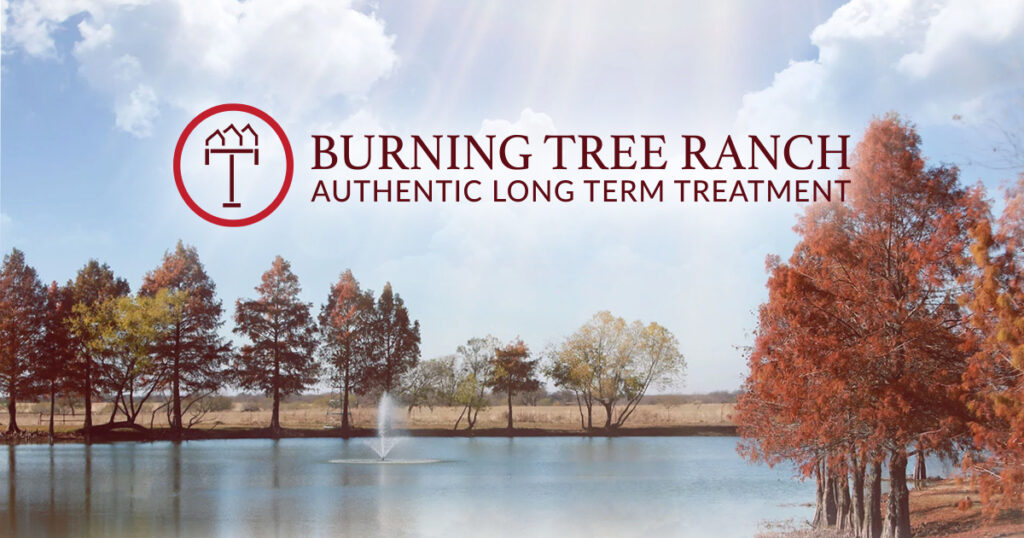Understanding and addressing addiction relapse is crucial in the journey toward recovery. Addiction relapse is common among individuals who have undergone treatment for substance abuse. It is a setback that can be discouraging and demotivating, but it is important to understand that it is a normal part of the recovery process. In this article, we’ll provide an overview of addiction relapse and emphasize the importance of understanding and tackling this issue. Doing so can equip us with the necessary tools to prevent relapse and maintain long-term sobriety.
Understanding Addiction Relapse
Addiction relapse and its causes
Stages of addiction relapse
Burning Tree Ranch Is the Nation's Best Long Term Dual Diagnosis Treatment Center for the Chronic Relapser
9 Tips for Preventing Addiction Relapse
Preventing addiction relapse is an ongoing effort that requires both self-awareness and external support. Here are 9 invaluable tips to aid in this endeavor:
- Develop a Solid Support System: Surround yourself with understanding friends, family, or support groups encouraging sobriety.
- Establish a Routine: Structure and regularity can provide stability during recovery.
- Engage in Healthy Activities: Pursue hobbies and physical activities that reduce stress and offer fulfillment.
- Seek Continuous Counseling: Regular therapy sessions can help address underlying issues and offer coping mechanisms.
- Create an Emergency Plan: Know what to do and who to call during moments of intense cravings.
- Educate Yourself: Understanding the intricacies of addiction can empower you to make informed choices.
- Practice Stress Management: Mindfulness, Meditation, deep breathing, and yoga can help you handle stress without resorting to substances.
- Stay Committed to Aftercare: Whether it’s outpatient treatment, AA meetings, or other follow-up care, stay committed to your aftercare plan.
- Refrain from Complacency: Stay alert, even after long stretches of sobriety. Becoming complacent can weaken your guard against factors that lead to relapse.
Steps to Take After a Relapse
Get support from trusted friends, family, or a counselor who can offer guidance and perspective during this challenging time.
Long-term Treatment for Chronic Relapse at Burning Tree Ranch

Burning Tree Ranch shines as a premier institution dedicated to the long-term rehabilitation of individuals grappling with chronic relapse. Recognizing the intricacies of the recovery journey, our programs are built on a foundation of enduring commitment, ensuring every client receives thorough support at every phase of their healing journey.
We pride ourselves on offering prolonged residential treatment, stretching over several months, which gives our clients ample opportunity to explore the depths of their addiction and its root causes. Embracing the individuality of each recovery path, we meticulously tailor treatment plans to resonate with each client’s unique challenges. Incorporating evidence-based modalities like cognitive-behavioral therapy, 12-step principles, and family therapy, we ensure a balanced and encompassing recovery experience.
Relapse prevention stands at the forefront of our mission. We conduct specialized sessions and workshops tailored to cultivate resilience for achieving and maintaining sobriety. As our clients transition from residential care, we accentuate the importance of sustained connection and support via our aftercare initiatives.
Are you or a loved one caught in the relentless addiction and chronic relapse cycle? Contact us today to learn how Burning Tree Ranch can help you reclaim your life.





